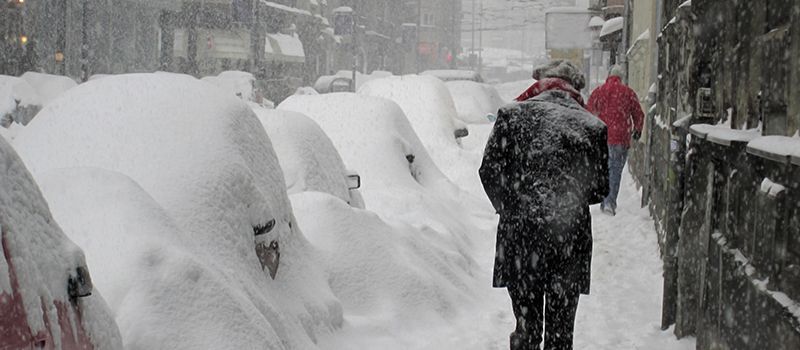Dealing with severe winter weather conditions in the UK is a challenge for the country as a whole but how do other countries deal with winters that stretch over two hundred days throughout the year and snow drifts can be as deep as 10 or 15 feet? Here are a few snippets from various countries around the world explaining how they counteract the conditions.
Iceland
“Arctic Trucks” are used for dealing with the worst of the weather. These are specially adapted trucks with large wheels and usually set to a low tyre pressure did you know that it’s common now for 4 x 4 vehicles to also have these adaptations. “Arctic Trucks” were developed in Iceland throughout the 70’s and 80’s and are now used worldwide in countries which experience the worst extremes of Winter weather.
Norway
In certain areas pavements are heated by pumping seawater through underground pipes ensuring they are kept free from snow and ice settlement.
Sweden
The country has a very efficient ploughing system and in the Winter months the government pays farmers to utilise their ploughs and clear the snow from rural roads. People wear anti-slip shoe covers which enables them to walk safely on snow and ice.
Canada
Roads are cleared and huge dumper trucks are utilised to pick up snow. This snow is then taken to designated areas known as snow dumps.
Latvia
In Riga, the capital city, every building has a caretaker who is responsible for clearing the snow from pavements and footpaths in their designated area. When it’s snowing armies of caretakers can be seen out on the streets.
Lapland
As Winter lasts for over 200 days in Lapland, it’s illegal to drive without snow tyres and snow ploughs are constantly put to work clearing the road network.
Finland
Helsinki Airport experienced over 6 feet of snow in the Winter of 2009 without having to close for a single day. The airport employs extra Winter staff and has over 250 vehicles that are used to deal with harsh conditions. Temperatures can drop to as low as – 25 degrees centigrade! The airport has three runways and they are cleared on a rotating basis ensuring that at any one time 2 runways remain open whilst the third is being cleared.






